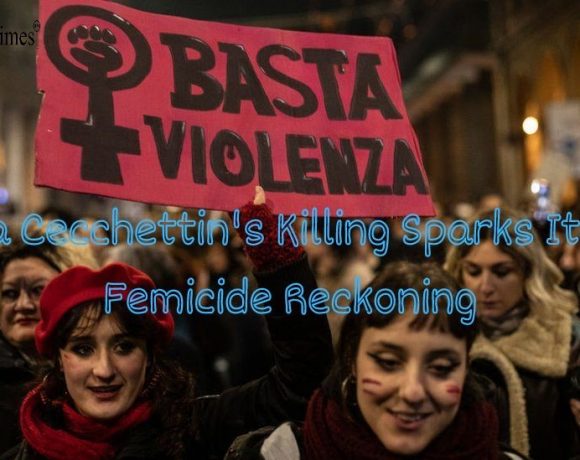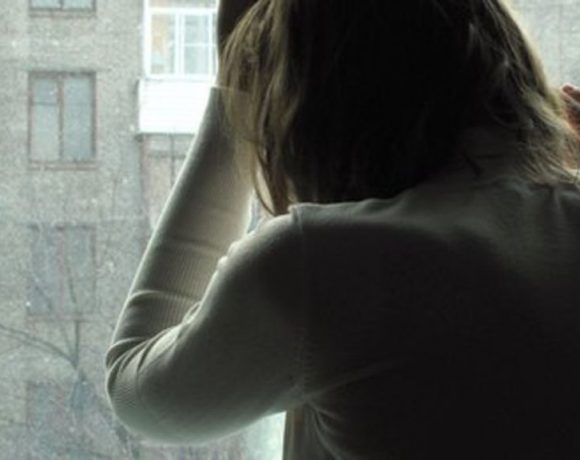
A 33-year-old man has been apprehended by French police on suspicion of murdering his wife and four children in Meaux, a suburb 40km northeast of Paris. The victims, a woman, and her children aged between nine months and 10 years, were found dead in their apartment. Prosecutor Jean-Baptiste Bladier described the crime scene as marked by “extreme violence” with pools of blood present. The flat showed no signs of forced entry, and the father was absent.
The investigation began when a concerned neighbor, unable to reach the family and noticing closed shutters, discovered blood on the door handle and in front of the door. The police, following CCTV footage, traced and arrested the suspect at his father’s residence in Sevran. The suspect was known to the police due to a previous domestic violence incident in 2019, a month before the birth of their third child, where he attacked his partner with a knife.
The Versailles judicial police service is conducting the investigation, revealing that the mother and her two eldest daughters had numerous stab wounds, while the two youngest were likely strangled or drowned. Post-mortem examinations for the younger children are scheduled for Wednesday. The suspect, described as previously undergoing treatment, had documents suggesting potential psychiatric hospital admission in 2017 and a prescription for tranquilizers.
Neighbors mentioned that the mother was friendly, while the father, who had faced job loss, exhibited signs of depression. The 2019 domestic violence case was dropped due to the partner’s mental health. This incident adds to a series of recent infanticides in the Paris region, including a man confessing to killing his three daughters in November and a policeman committing filicide before suicide in October.
Picture Courtesy: Google/images are subject to copyright


